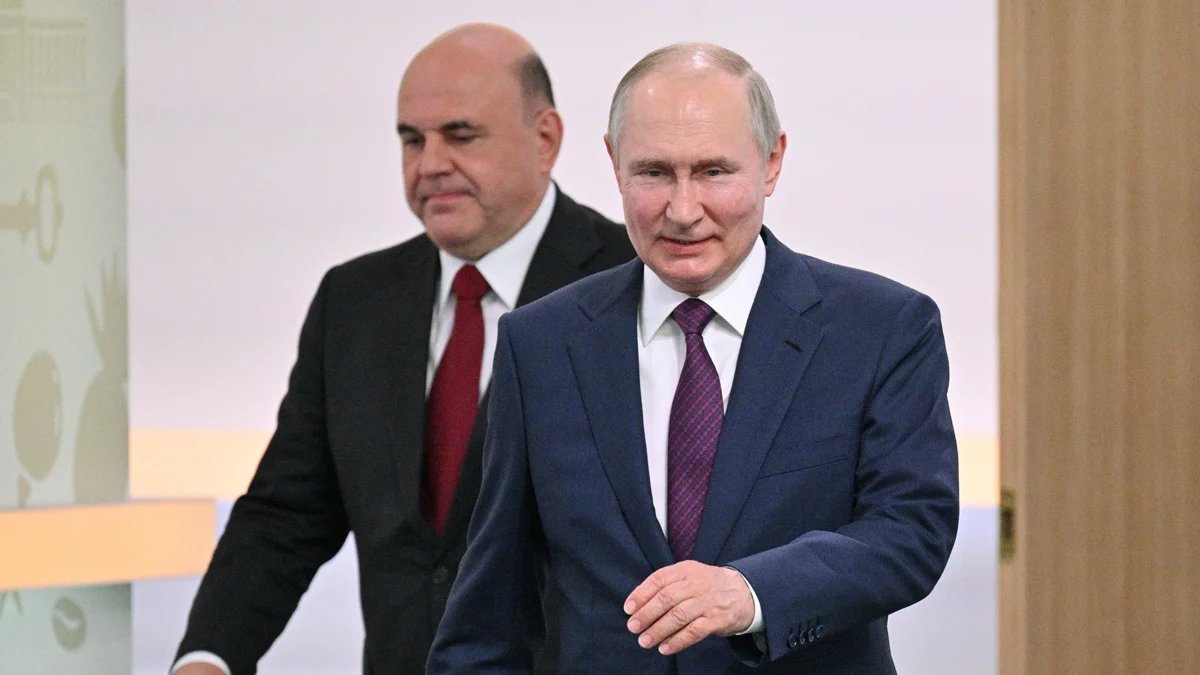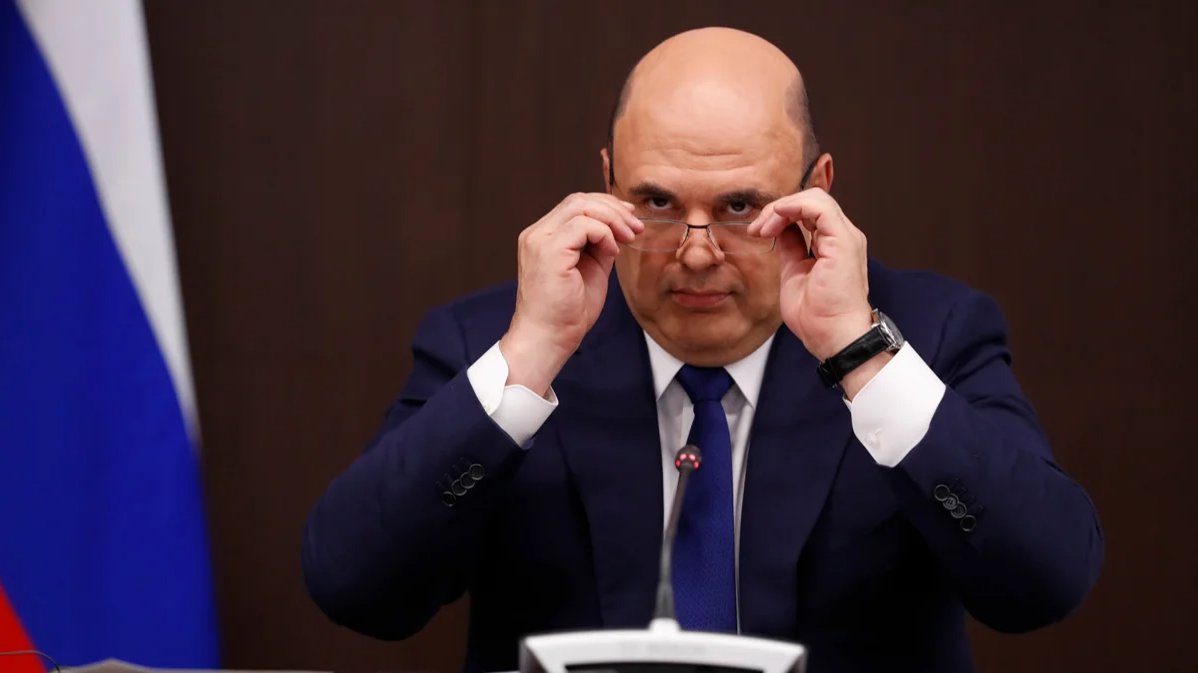If there was ever any truth to the rumours that a new prime minister was about to be appointed last week, all intrigue was rapidly put to an end when Putin once again nominated Mikhail Mishustin for the position.
An assessment of Mishustin’s first term in the job by experts at The Bell gave him a surprisingly positive appraisal overall. I can’t say I agree; for my part, Mishustin is the worst prime minister in Russian history. Praising a prime minister for the way in which he handled various duties that were often simply technical and in some cases even secretarial in nature is to humiliate Russia.
There have been many bad prime ministers in Russia’s imperial, Soviet, and post-Soviet history. There was Ivan Goremykin under Tsar Nicholas II, both a weak prime minister in his time and, to later generations, a byword for weak leadership. There was also Valentin Pavlov, who as Soviet premier proved himself both a traitor and a coward in 1991 when he supported the ill-fated coup against Mikhail Gorbachev by hardliners.
Mishustin’s direct predecessor was former Russian president Dmitry Medvedev, who looked like a buffoon even while holding the highest office in the land, and who in his current role as an online polemicist has subsequently morphed into something else entirely. And yet Mishustin is worse still.
As with many other ministers and business leaders, Mishustin’s presence at the heart of government is contingent only on how well he carries out his orders.
All any government official is required to do is fulfil the orders they receive from above, regardless of their contents or their ramifications. If they’re ordered to attack, they attack, if they’re ordered to do nothing, they sit still and stay silent. Thus, no one at all — not a general, not a minister, and especially not a prime minister — is in any way answerable to Russia’s citizens, to Russia itself, or even to their own conscience.
These criteria for how a public official is expected to behave have become very fashionable of late, largely due to how convenient they are.
Mishustin’s appointment followed eight years of Medvedev’s government (2012-2020), during which time he not only failed to address Russia’s economic stagnation but, after 2014, seemed to have lost interest in any positive change whatsoever.
Mishustin came to power just as the Covid pandemic began, the Russian response to which exhibited both strong and weak points, but was by and large a complete and utter failure. In total, Russia lost over 1 million people to the pandemic — more than any country in the world by population share. Meanwhile, Mishustin’s deputy, who blocked the use of Western vaccines in the country, was cashing in from the production of domestically manufactured medicine.
It only got worse from there. During Mishustin’s premiership, Russia invaded Ukraine in February 2022, forced a million Russians into exile in 2022-2023, and shifted the economy to a “war” footing, meaning that increased weapons production was financed by falling consumption and the quality of life going into freefall. Even now, the true cost of this transition is still far from clear.

Mikhail Mishustin and Vladimir Putin. Photo: Ramil Sitnikov / Sputnik / EPA-EFE
After the end of the war, dozens of companies producing unnecessary products will be forced to close down and thousands of workers with unnecessary specialisations will have to be laid off, exactly the same scenario Russia experienced in the early 1990s following the collapse of the Soviet Union.
It goes without saying that economic crises happen with sufficient regularity and that not everything that happens in the economy is the result of government decisions. However, under no government in the history of Russia has there been a more egregious instance of self-inflicted harm caused by voluntary government actions. There have been worse years, but there has never been such a case in recent decades where the main damage done was a direct result of decisions made at the very top.
You could argue that it wasn’t Mishustin who failed to respond adequately to Covid, he wasn’t the one who kept corrupt ministers in office, nor was he the one who launched the criminal war against Ukraine and caused a refugee crisis of this magnitude. Of course he didn’t. But that’s the point: never in the history of Russia has a prime minister been such a useless nonentity that he could not even be said to have been responsible for any of the major events taking place in his own country.
Join us in rebuilding Novaya Gazeta Europe
The Russian government has banned independent media. We were forced to leave our country in order to keep doing our job, telling our readers about what is going on Russia, Ukraine and Europe.
We will continue fighting against warfare and dictatorship. We believe that freedom of speech is the most efficient antidote against tyranny. Support us financially to help us fight for peace and freedom.
By clicking the Support button, you agree to the processing of your personal data.
To cancel a regular donation, please write to [email protected]

